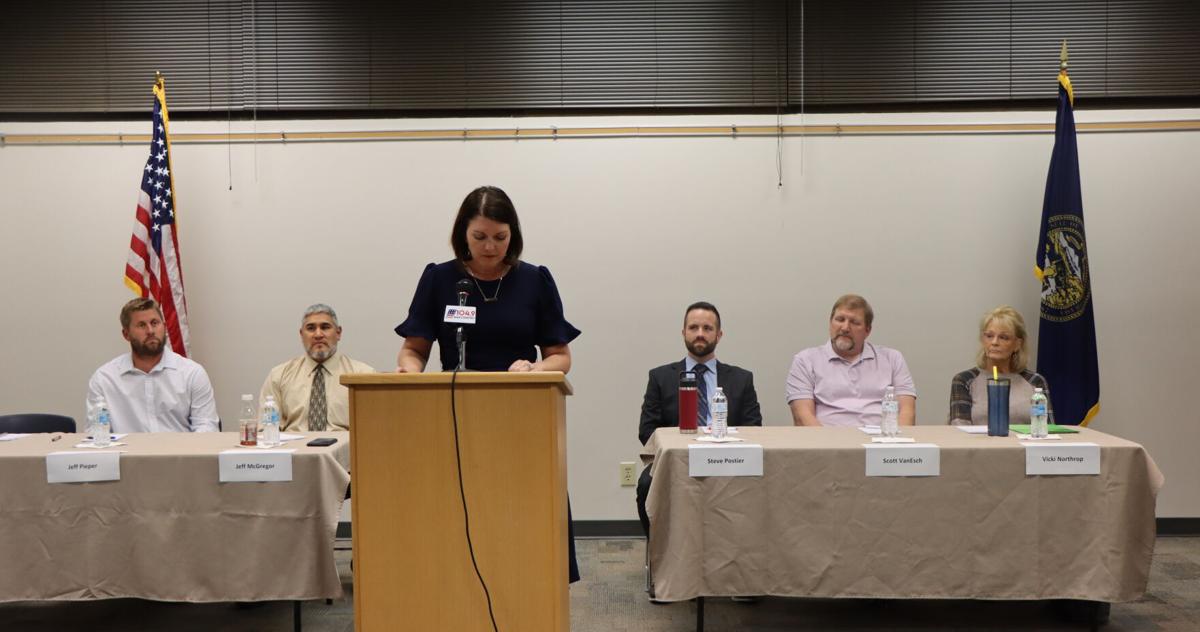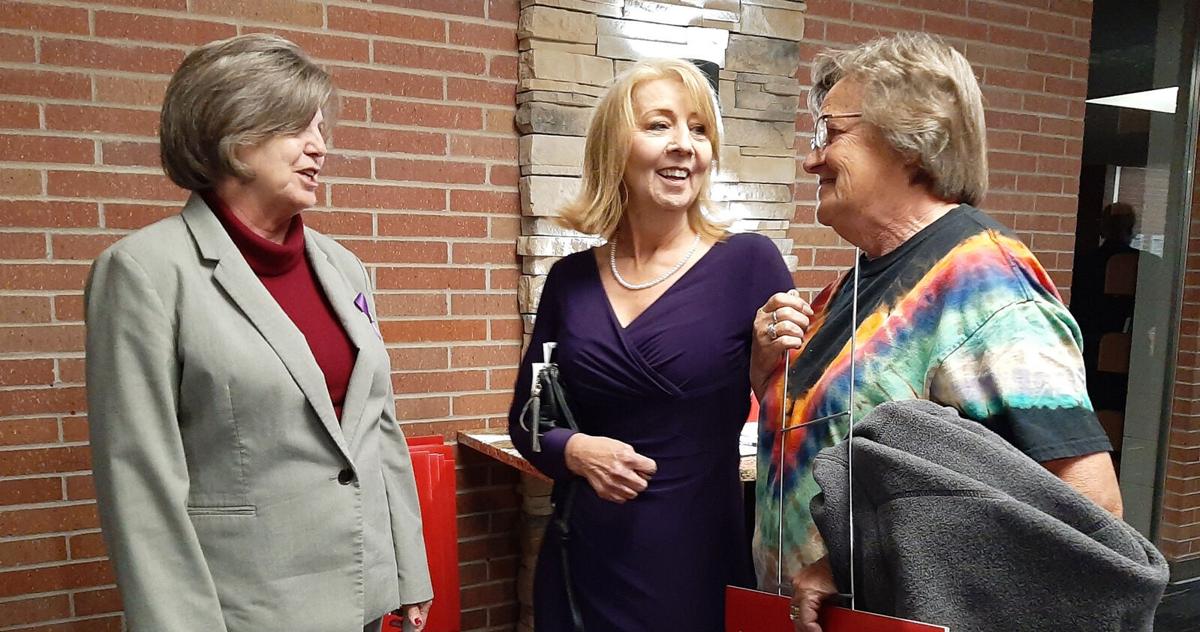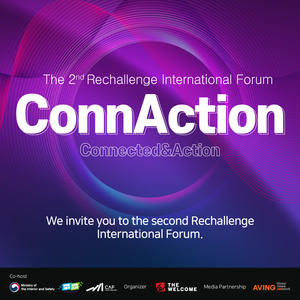Global Goals Business Forum at Expo 2020 calls on public and private sectors to align with SDGs

Dubai, United Arab Emirates
High-level event brings together industry leaders and UN Global Compact participants from around the world
DUBAI, January 18, 2022 – Responsible investment strategies aligned with the 17 Sustainable Development Goals (SDGs) emerged as key themes during the Global Goals Business Forum at Expo 2020 Dubai on Wednesday. The event, held at the Dubai Exhibition Centre, Expo 2020 Dubai, brought together industry leaders and UN Global Compact participants from the public and private sectors.
In his welcoming address, Hassan Al Hashemi, Vice President of International Relations, Dubai Chamber of Commerce, said: “While the pandemic has exposed the wider vulnerabilities of our global society, we know that the roadmap for addressing these interconnected challenges is the [SDGs]. We call on businesses to align their efforts with those of the public sector to accelerate progress towards the SDGs and ensure a stable path to a better future.”
In his introductory remarks, Maher Nasser, UN Commissioner General at Expo 2020, said: “It’s time for everyone to be on deck […] We all have a responsibility.”
This set the tone for the forum, co-hosted by Expo 2020 Dubai, Dubai Chamber of Commerce, Estonia and the UN Global Compact, and held as part of Global Goals Week, which takes runs from January 15 to 22.
In his opening speech, Sanda Ojiambo, CEO and Executive Director, United Nations Global Compact, said: “A resounding and recurring message that I have heard over the past few days is that we are in the right place, at the right time, here in Dubai at Expo 2020 – to tap into a huge spirit of hope, d optimism, collaboration and urgency. To rekindle, as we have heard, the ambitions, actions and accountability that will help us make up for the gains that have been lost in progress towards the achievement of the SDGs. […] We need business leaders to make bold business decisions for the future, we need businesses to integrate the SDGs into their business strategies, we need businesses to consider their externalities in the same way that they take into account their commercial losses.”
Vaishali Nigam Sinha, Director of Sustainable Development, ReNew Power, one of India’s leading renewable energy companies, joined Patrick Chalhoub, CEO, Chalhoub Group, and Emmeline Hambali, Group Managing Director, Dynapack Asia, Indonesia, at the opening session titled “SDG Ambition: Accelerate Business Action”.
Vaishali Nigam Sinha, also president of the ReNew Foundation, said: “It’s the availability of capital and the commitment of investors that helps us accelerate and scale up what we do – that’s the good news and I think we should all recognize that […] Whether it’s smog, the total transition to clean energy [or] engaging communities, all of these issues require a few critical elements – one of them is investment. i can’t highlight [enough] the importance of ensuring that the funds [are] flow through […] We have set huge targets for renewable energy in India and we have also seen a large flow of investment into the country. It really drives the commitment and ambition in the sector… The government provides the policy direction and framework, but we actually do it on the ground. And if we don’t, change won’t happen.”
Financing remained a central theme as the forum progressed, with the session “Financing the 2030 Agenda” – moderated by Marie Morice, Head of Sustainable Finance, UN Global Compact – address investment instruments aligned with the SDGs and environmental, social and governance (ESG) strategies that contribute to the achievement of the SDGs.
Panelist Zahara Malik, Co-Founder and CEO, Grosvenor Capital, who noted an increased emphasis on the ‘S’ in ESG, in light of the pandemic, said: “Right now, from businesses to individuals, we’re very focused on ‘the human’… so, a bright spot in terms of a shift in trends and what we’re seeing is the dynamism of the social element of ESG.”
Responsible financing and the growing ESG reporting pressures on companies became central themes as the dialogue progressed.
Sarah Usmani, Managing Director – Global Head of Sustainable, Asset and Project Finance, First Abu Dhabi Bank, said: “Financials play a very important role in terms of encouraging or discouraging certain types of activity. We have seen this happen before COVID-19. For example, many banks have actually stopped fund coal… If the financial community also comes together and starts funding projects, which will result in a better and sustainable future, that’s how you channel investors as well.”
Member of the panel Mabinty Koroma-Moore, Founder and CEO, Legacy Impact Venture Enterprises Africa, said: “There is a stronger appetite, particularly among institutional investors, as well as among private investors [and venture capital] investors around the mapping of their strategies and their assets in relation to the SDGs […] The pandemic has exacerbated some of the gaps and this is an opportunity for more investors to look at blended finance approaches – to really think about how we can be more strategic in terms of creating and developing instruments SDG-related investment programs that are aligned with the needs of people in emerging and frontier markets.”
Other forum sessions addressed the crucial role small and medium-sized enterprises (SMEs) play in the SDGs, how digitalization can accelerate progress, and private sector efforts to prevent and eliminate child labor in their operations and their supply chains.
To watch the full event, click here.
About the United Nations Global Compact
As a special initiative of the UN Secretary-General, the UN Global Compact is a call for businesses around the world to align their operations and strategies with the ten principles in the areas of human rights , labour, the environment and the fight against corruption. Our ambition is to accelerate and scale collective global business impact by upholding the Ten Principles and achieving the Sustainable Development Goals through responsible businesses and ecosystems that enable change. With over 15,000 business and 3,000 non-commercial signatories based in more than 160 countries and 69 local networks, the UN Global Compact is the world’s largest corporate sustainability initiative – a Global Compact uniting businesses for a better world.






